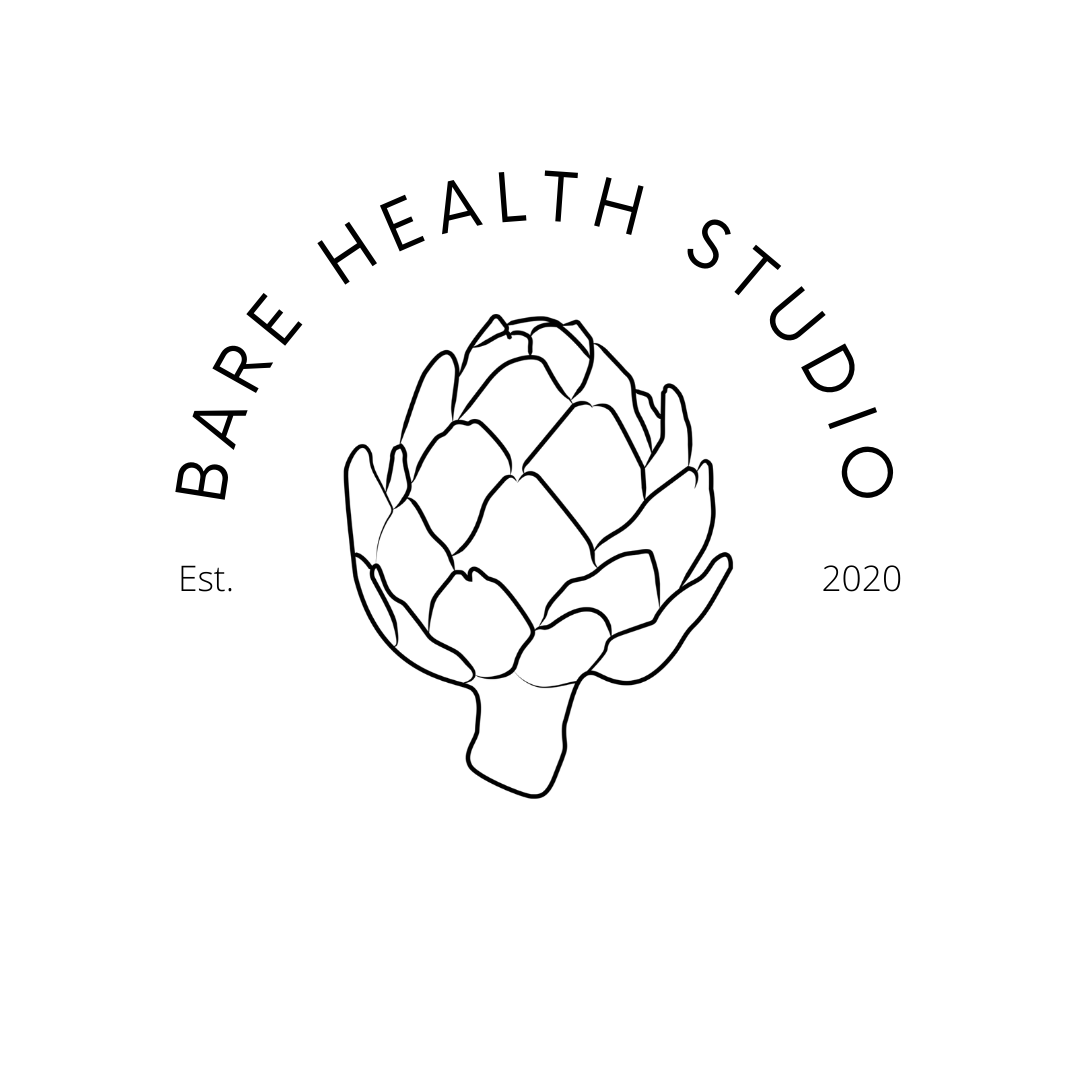Healthy Heart Rhythms
Our heart beats from the moment we are conceived until the day we die. With each heartbeat oxygenated blood is pumped around our body, fueling our organs and enabling us to function. But what makes our heart beat? When someone gets an electrocardiogram (ECG), they are having their heart rate and rhythm analyzed. This test is measuring the electrical current of the heart. Therefore, the heart is producing electricity, making it beat (and therefore you could say that we as humans are electrical beings). When an ECG shows the heart is pumping in an abnormal rhythm this is demonstrating that the electricals of the heart are compromised. An individual with this may experience heart palpitations, flutters, extra or skipped beats. Of course, one should ALWAYS dial 000 or see a Doctor about this. However, for some this may be something they've experienced chronically and of idiopathic origin with no improvement. If so, below are some things to consider;
Nasal breathing
When we breathe through our nose we produce more nitric oxide in the body compared to mouth breathing. Nitric oxide dilates the blood vessels, enabling more oxygen-rich blood to travel to the heart and organs. Oxygen is the body's most vital nutrient. When we are deficient in oxygen we can't function optimally and neither can our heart. In nursing, we follow 'DRABCD', with A being Airway, the first thing we assess and restore in any patient, because without a clear airway there is no oxygen. When the heart stops receiving oxygen (for example from an arterial blockage) the heart cells die very quickly. Providing more oxygen-rich blood to the heart is very important for heart function and its ability to contract in a normal rhythm. Pause and think about whether you breathe through your mouth, you may not even realize you do.
Read more on Nose Vs Mouth breathing here
Tongue on the roof of the mouth
The tongue has a correct place where it is meant to live at rest in the mouth - on the roof (the palate). When our tongue rests of the roof of the mouth it promotes wide development of the dental arch and outwards facial development (and therefore a large airway). Additionally, it;
1) Opens the airway - when our tongue is on the roof of the mouth our airway is more open (again allowing more oxygen to the body). Think about when someone snores - the snoring sound happens when the tongue relaxes and falls back into the airway causing airway resistance (leading to the snoring sound). When our tongue is relaxed on the floor of the mouth it may compromise our airway and reduce our body's ability to optimally oxygenate the heart.
2) It stimulates the vagus nerve - when our tongue rests on our palate it stimulates our vagus nerve, which helps to calm the body (for example calm an erratic heart rate) and takes us out of fight or flight. Have you ever seen a toddler sucking their thumb? Their thumb is often pressing on the roof of the mouth, and calming the child.
Whole Foods Diet
Moving to a whole foods diet rich in vegetables, fruit, meat, poultry, fish, eggs, nuts, seeds and traditional fats (butter, olive oil, avocado) is important for heart function. Firstly, doing so provides us with an abundance of nutrients, vitamins, and minerals to support heart function and metabolic health. Secondly, removing processed foods reduces our intake of additives and preservatives which are present in almost every packaged food. These 'ingredients' contribute to our body's toxin load, and we may have sensitivities to them, causing erratic heart beats. Thirdly, if we are frequently eating processed foods we may be deficient in electrolytes such as magnesium, potassium, sodium and calcium which are important for heart contractility.
Grounding
Humans are electrical beings. We know this because the very thing that pumps blood around our body, our heart, beats from an electrical conduction system. Grounding is simply connecting our bare skin with the earth - for example walking on grass, sand, or dirt.
The ground we walk on has a negative electrical charge. When we are grounding it restores our electric connection with the earth and stabilizes the physiology at the deepest levels. Grounding can take our body out of our fight or flight (calm us), and improve heart rate variability (this is a good indicator of heart health).
Negative Emotions
Humans are spiritual beings. We are all human but we all have different thoughts, feeling, and life experiences. These contribute to who we are, and the emotions we hold on to. I like to think that as humans are electrical beings, we create energy. Therefore holding onto negative emotions (such as anger, resentment, envy, jealousy, and hatred) is creating and maintaining negative energy within ourselves. Traditionally, the heart has always been viewed as an emotional organ - loving someone is said to come from the heart, and losing someone is said to break one’s heart. Holding onto negative emotions may be damaging to the heart, and becoming aware of and addressing negative emotions may be important for heart regeneration.
Written by Brittany Ford, Clinical nutritionist and registered nurse.
Brittany is a Nutritionist and Registered Nurse from Bunbury, Western Australia. With her vast experience in the health and wellness industry, Brittany empowers her patients to become their own healer to support the body back into balance.


